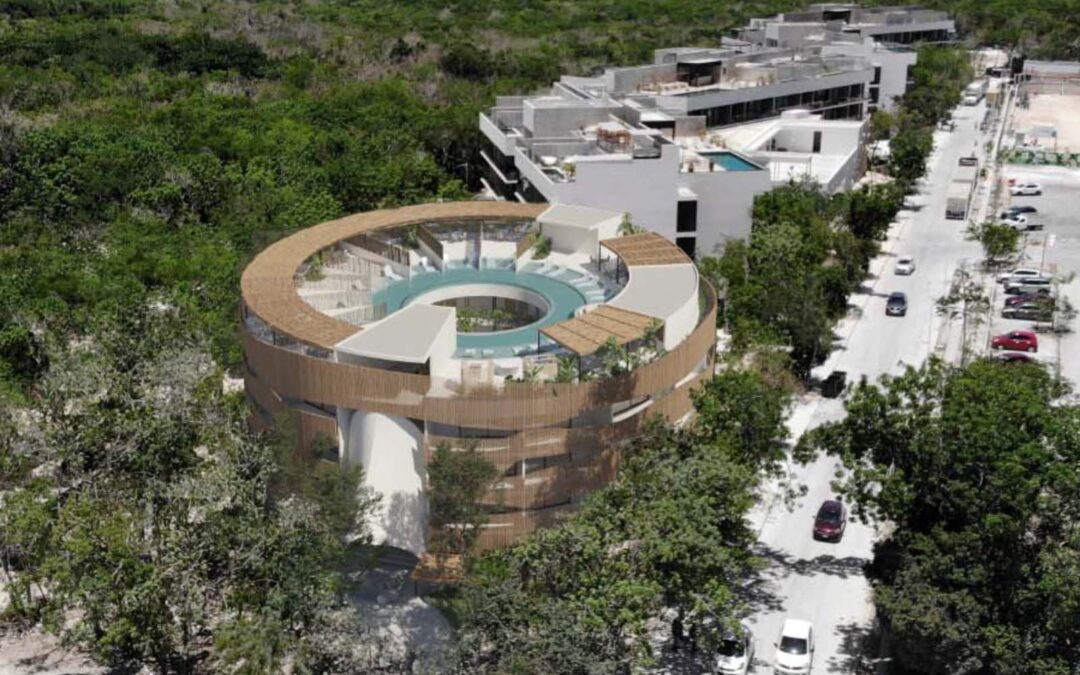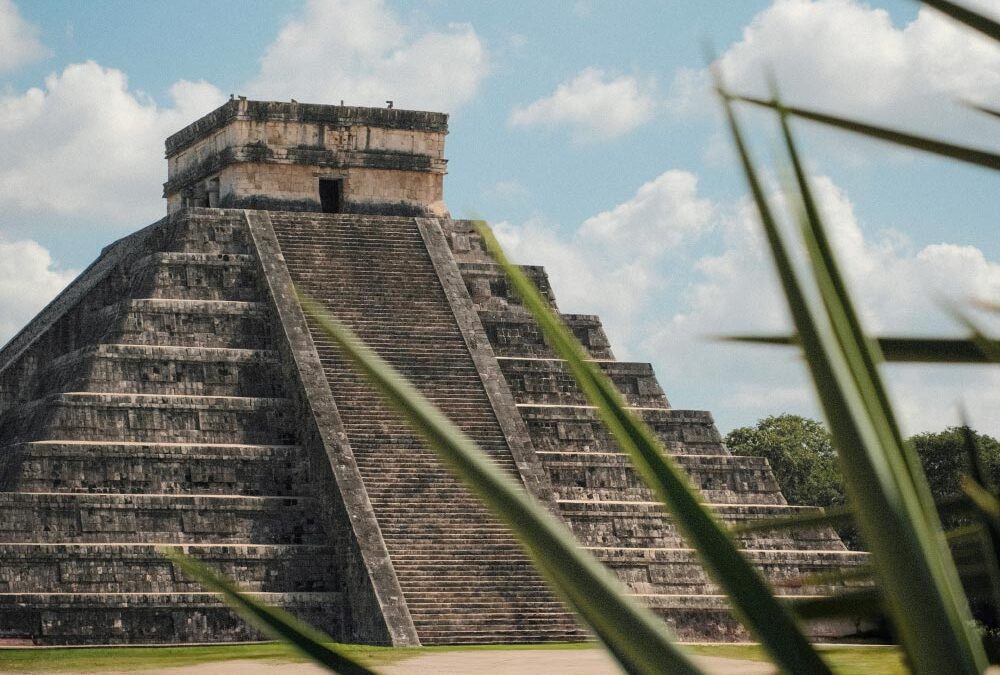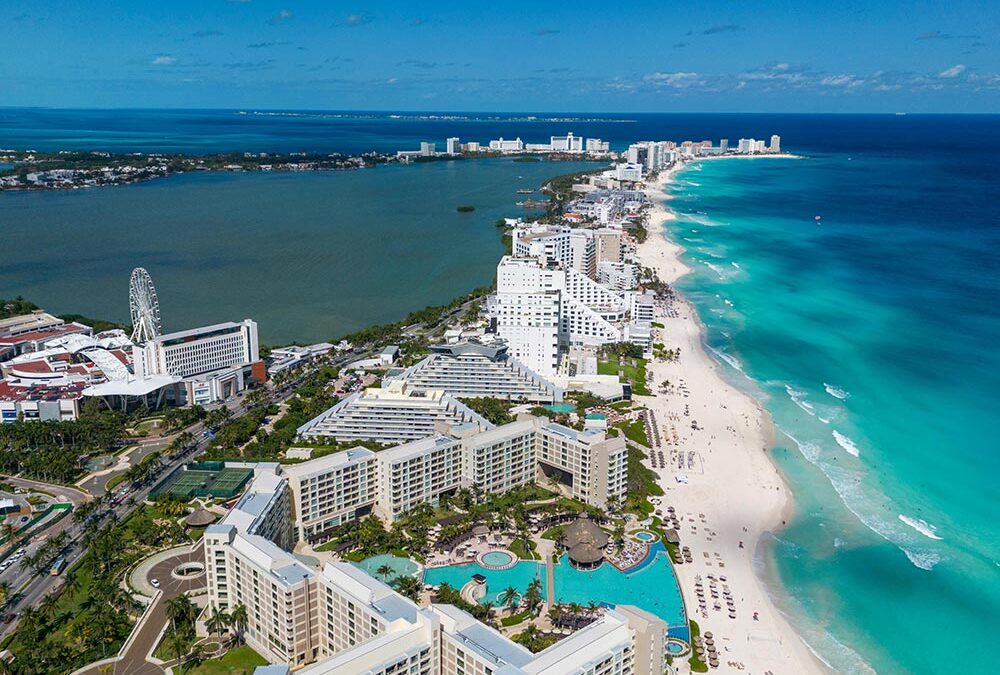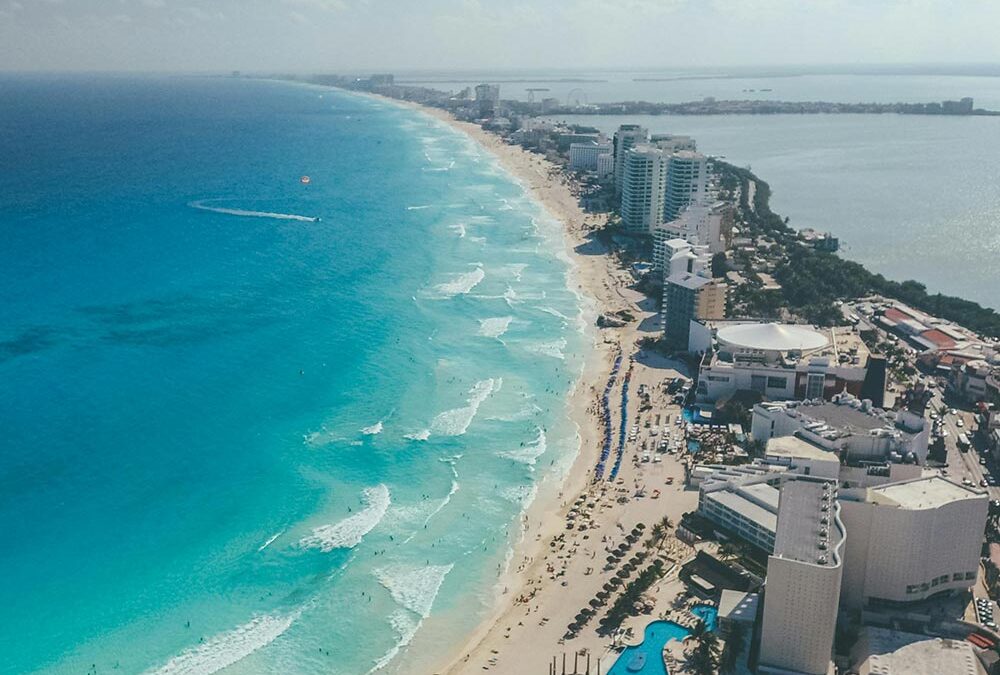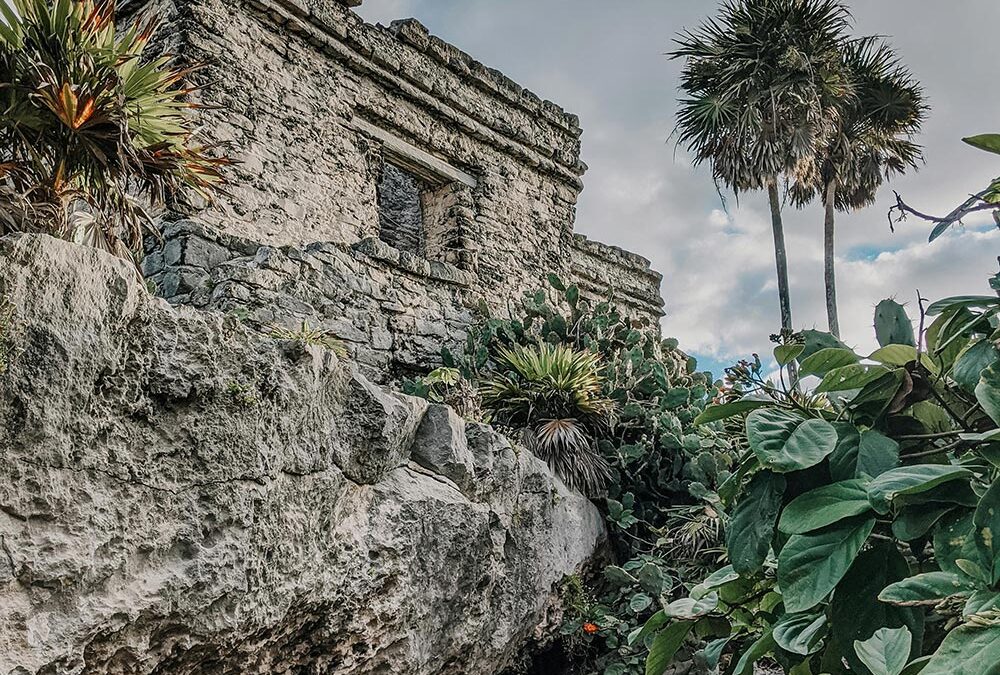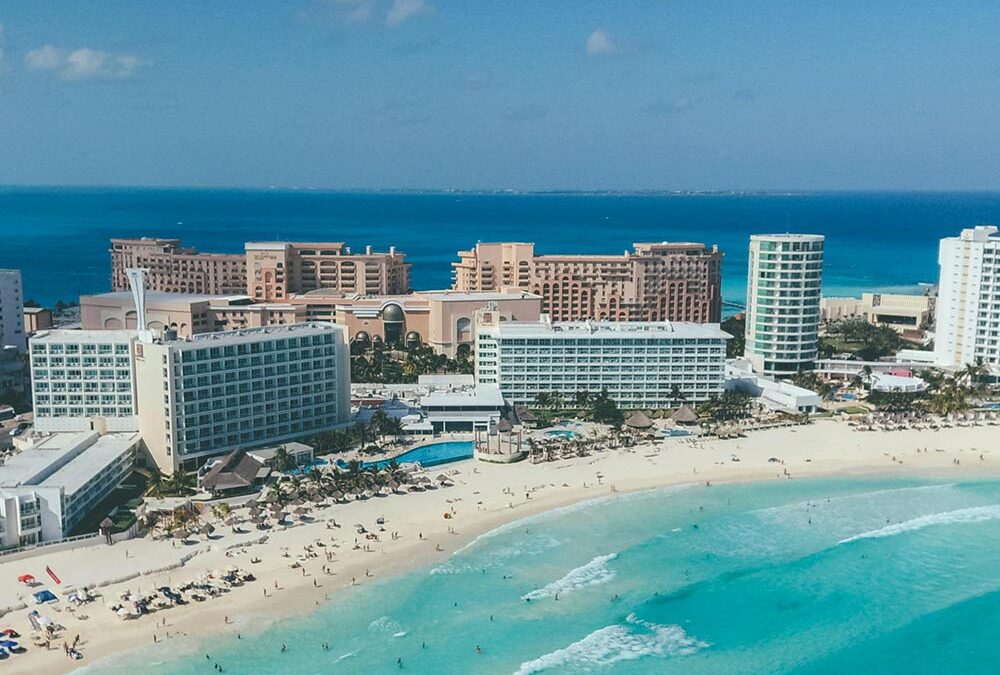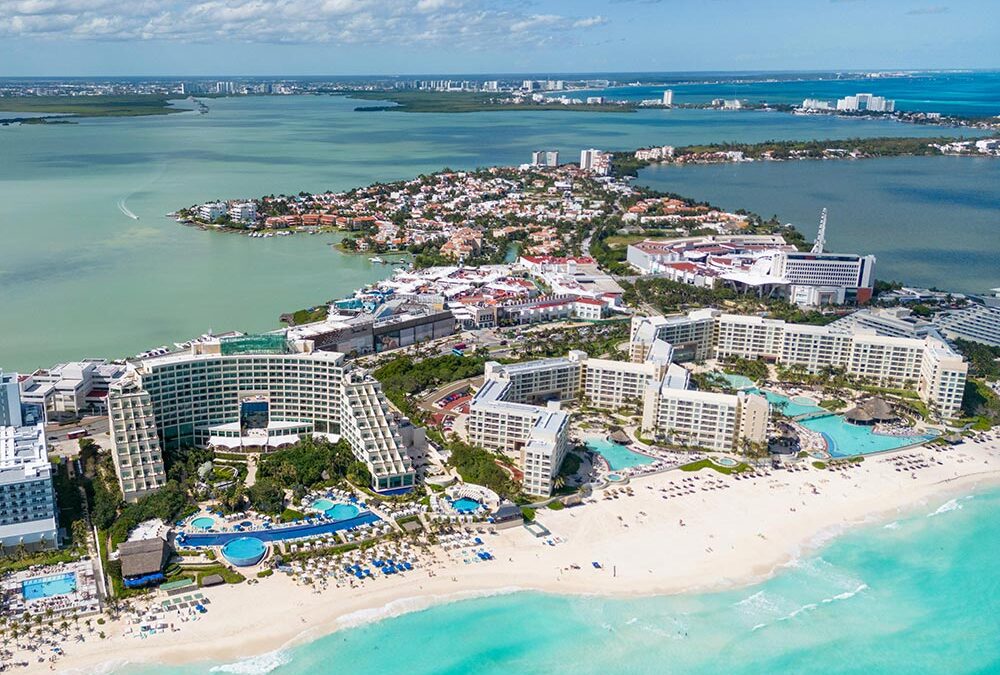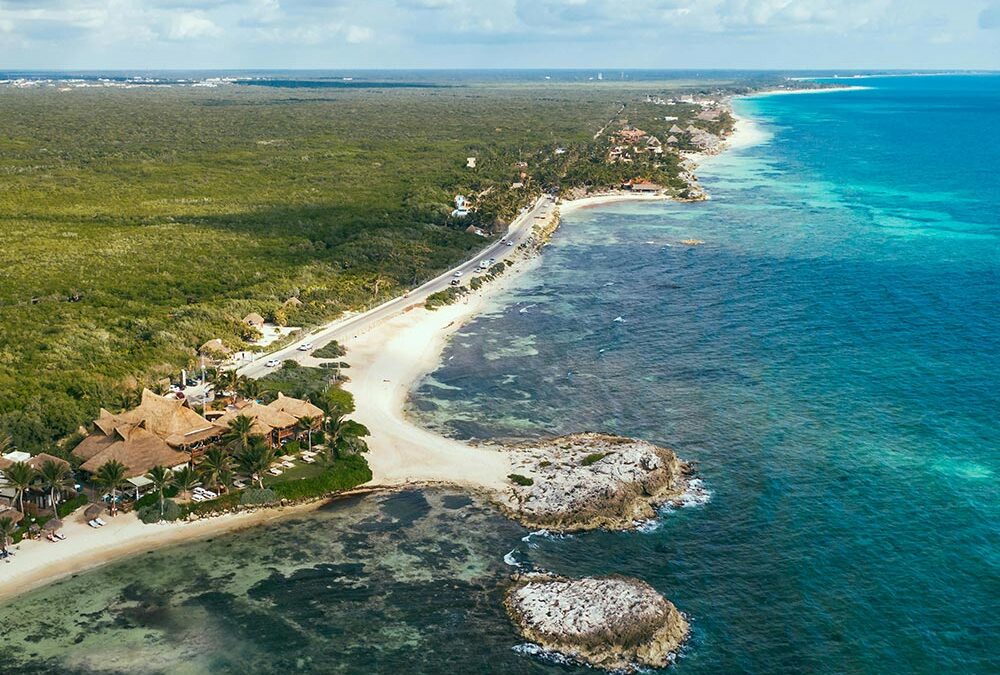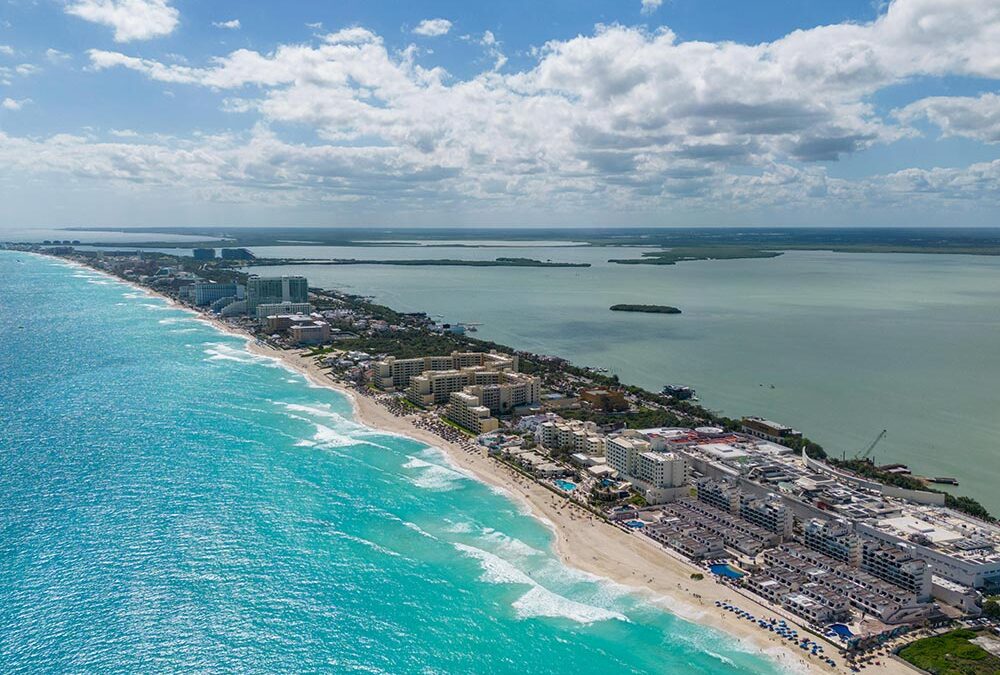Investing in Mexican real estate offers significant potential for financial growth and lifestyle benefits, particularly in the country’s restricted zones. These areas—defined as land within 50 kilometers of the coastline or 100 kilometers of international borders—are home to some of the most sought-after properties globally, including prime beachfront estates and high-end resort areas. However, the Mexican Constitution restricts foreign nationals from directly owning property in these zones to preserve national sovereignty. To facilitate international investment while respecting these laws, the fideicomiso system was introduced. Understanding how this legal mechanism works is essential for anyone looking to invest in Mexican real estate, as it balances the rights of foreign investors with the legal framework of the country.
What is a Fideicomiso?
A fideicomiso is a specialized real estate trust set up with a Mexican bank to enable foreign nationals to hold property in restricted zones legally. While the bank technically holds the title to the property as the trustee, the foreign investor becomes the trust’s beneficiary and retains full control over the property. This structure ensures that foreign buyers can enjoy all the rights of ownership—such as leasing, selling, or passing the property to heirs—without violating Mexican law. The concept was first introduced in the 1970s as part of broader reforms aimed at promoting foreign investment, particularly in tourist-friendly regions such as the Yucatán Peninsula and Baja California.
Without a fideicomiso, foreigners would be unable to purchase properties in these zones, effectively limiting their ability to invest in prime real estate areas. Today, fideicomisos are widely used and considered a secure and reliable method of owning property in Mexico, with legal protections that safeguard the investor’s rights and interests.
Legal Framework: Why Foreigners Need a Fideicomiso
The Mexican Constitution, specifically Article 27, was originally designed to protect national sovereignty by prohibiting foreign ownership of land in sensitive areas near borders and coastlines. These areas were deemed crucial for national security and economic independence. However, as Mexico’s economy diversified and tourism emerged as a major growth sector, the government recognized the need to attract international investment. To address this, the fideicomiso was created as a legal workaround, allowing foreign investors to indirectly own property while ensuring compliance with constitutional restrictions.
The fideicomiso system is regulated under the Foreign Investment Law and involves multiple government agencies, including the Ministry of Foreign Affairs, which issues permits for trusts. This ensures that the process is transparent, legal, and beneficial to all parties involved. The legal framework provides a clear pathway for foreigners to invest, promoting economic development while maintaining national sovereignty.
How a Fideicomiso Works
Setting Up a Fideicomiso
To establish a fideicomiso, the foreign buyer partners with a Mexican bank to act as the trustee. The process begins with obtaining a permit from the Ministry of Foreign Affairs, which authorizes the bank to create the trust. This involves submitting detailed documentation, including proof of the buyer’s identity and information about the property in question. Once the permit is granted, the trust agreement is drafted and signed by all parties involved. The bank then holds the property title, but it is explicitly stated that the foreign buyer retains all beneficial ownership rights.
The entire process typically takes 6-12 weeks and requires the assistance of a qualified notary public, who ensures that all legal requirements are met. Working with an experienced real estate attorney familiar with Mexican property laws can further streamline the process and provide peace of mind for buyers unfamiliar with the legal landscape.
Key Features of a Fideicomiso
- Duration: Trusts are valid for 50 years and can be renewed indefinitely, ensuring long-term ownership without risk of expiration.
- Ownership Rights: The beneficiary has full rights to use, sell, lease, or bequeath the property, offering flexibility comparable to direct ownership.
- Legal Protections: The trust structure is governed by Mexican financial and property laws, providing robust safeguards for foreign investors.
Benefits of Using a Fideicomiso
Legal Ownership Rights
Although the bank holds the title, the foreign buyer retains all rights associated with property ownership. This includes the ability to make modifications, rent out the property for income, or sell it at any time. The fideicomiso ensures that the buyer’s rights are legally binding and enforceable, creating a secure framework for long-term investment.
Secure Transactions
Mexican banks that serve as trustees are strictly regulated by government authorities, ensuring a high level of financial security and reliability. Buyers can trust that their investment is protected from fraud or legal disputes, as the trust agreement explicitly outlines the rights and obligations of each party.
Investment Opportunities
With a fideicomiso, foreigners can invest in some of Mexico’s most desirable properties, often at a fraction of the cost of similar real estate in other global hotspots. From luxury condos in Riviera Maya to expansive villas in Los Cabos, these investments can generate significant rental income and long-term appreciation, making them an attractive option for both lifestyle buyers and investors.
Costs Involved in Setting Up and Maintaining a Fideicomiso
Initial Setup Costs
The setup cost for a fideicomiso ranges between $2,000 and $3,000 USD. These fees cover government permits, notary services, and bank charges. While this may seem like a significant upfront expense, it is a one-time payment that ensures legal compliance and secures the investment.
Annual Maintenance Fees
The trustee bank charges an annual fee for managing the trust, which typically falls between $500 and $1,000 USD. This fee is proportional to the value of the property and covers administrative tasks such as renewing permits and maintaining trust records. These ongoing costs are minimal compared to the potential returns from property appreciation and rental income.
Common Misconceptions About Fideicomisos
One common misconception is that a fideicomiso limits the buyer’s control over the property. In reality, beneficiaries have full ownership rights, including the ability to sell, lease, or transfer the property. Another myth is that the trust agreement could be revoked by the bank or the government. However, once established, a fideicomiso is legally binding and cannot be altered without the beneficiary’s consent. Understanding these facts can help dispel fears and build confidence among prospective investors.
Case Study: Securing a Beachfront Property in Cancún
John and Sarah, a retired couple from the U.S., decided to purchase a beachfront condo in Cancún. Initially concerned about the legal complexities of owning property as foreigners, they worked with a real estate attorney to set up a fideicomiso. The process involved obtaining a government permit, selecting a trustee bank, and signing a trust agreement. The couple paid $2,800 USD in setup costs and $750 USD in annual maintenance fees. Today, they enjoy the full benefits of ownership, including earning rental income during the high tourist season, which offsets their ongoing expenses and provides a steady return on investment.
Conclusion
The fideicomiso system is a secure, legal solution for foreigners seeking to invest in Mexico’s restricted zones. It balances the constitutional requirements of Mexican law with the needs of international buyers, making it possible to own and profit from properties in prime locations. By understanding the process, costs, and benefits, investors can confidently navigate the Mexican real estate market and enjoy the advantages of owning property in one of the world’s most desirable destinations.
FAQs
What is the purpose of a fideicomiso?
A fideicomiso allows foreigners to legally acquire and control property in Mexico’s restricted zones, circumventing constitutional restrictions while ensuring full ownership rights.
Can I sell property held in a fideicomiso?
Yes, you can sell or transfer property held in a fideicomiso just like any other real estate transaction, and the buyer can assume or establish a new trust.
Are fideicomisos renewable?
Yes, fideicomisos are granted for 50 years and can be renewed indefinitely in additional 50-year terms, ensuring long-term ownership.
How much does it cost to set up a fideicomiso?
Initial setup costs typically range between $2,000 and $3,000 USD, with annual fees for maintenance ranging from $500 to $1,000 USD.
Is a fideicomiso the only way for foreigners to own property in Mexico?
No, foreigners can also establish a Mexican corporation to hold property, which is another common method for commercial real estate investments or properties outside restricted zones.














